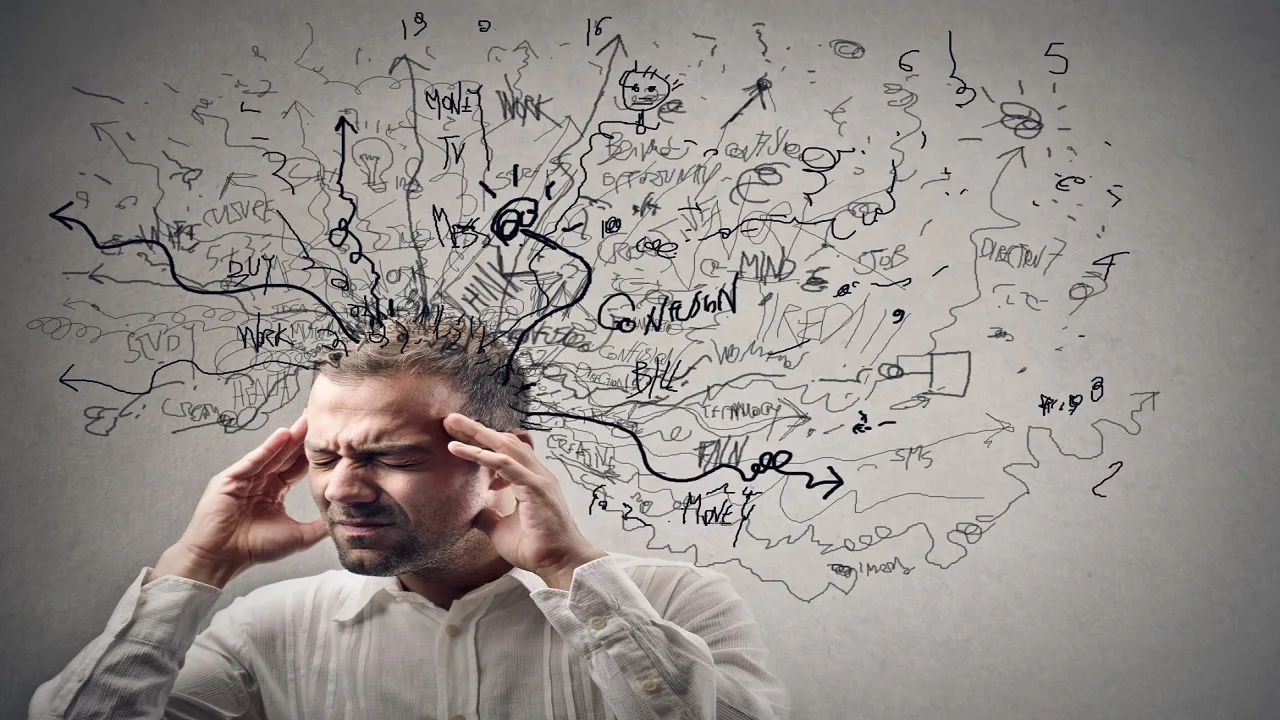In today’s world, our minds are constantly triggered by external factors. While we are stuck between a busy work schedule, digital connections, and social expectations, it is becoming increasingly difficult to maintain inner peace and clarity. In these complex environments, being alone can be one of the most powerful ways to calm the mind and soul. Although loneliness often has a negative connotation, it actually creates a space for inner discovery and renewal. In modern society, while living a life constantly filled with external stimuli, loneliness offers an opportunity to return to the inner world and discover your true identity. When the mind is distracted, it produces symptoms that indicate it needs to be alone. Noticing these symptoms, taking time for yourself, and making the most of your alone time increases well-being and protects mental health. Being alone can be a good opportunity to gather, balance, and rest the mind. We have researched the relationship between preventing mental distraction and loneliness for you.
What is the relationship between mental distraction and loneliness?
Mental clutter is a common problem in modern life. It refers to a situation that constantly distracts you and prevents you from focusing. This can occur due to external factors such as a busy work schedule, digital connections, and social expectations, as well as internal factors such as emotional stress and psychological reasons. A person who is experiencing mental clutter usually feels that their thoughts are scattered, that they have difficulty focusing, and that they have lost their inner peace.
Solitude can be an effective way to reduce this clutter and achieve inner peace. When you are alone, your mind is free from external stimuli, and you are alone with your inner world. This can help to reorganize, relax and focus the mind. This increases the chance of thinking more clearly and gaining deeper insights. However, loneliness can be difficult to cope with at times. In a modern society where constant connection and interaction are demanded, feeling lonely can be a source of anxiety and fear for many people. At this point, it is very important to be able to distinguish between being alone and feeling lonely. Here, we are not talking about social isolation, introversion or cutting off contact with your social circle for a long time. We are discussing taking care of yourself and creating alone time to gather your mind.
Signs that you need time alone
Feeling like your mind is wandering and you’re losing your inner peace is often a sign that your mind needs to rest and refocus. Recognizing these signs is an important step in protecting and strengthening your mental health.
- Constantly feeling angry: If you find yourself snapping at others or getting frustrated over small things, it could be a sign that you need some alone time. When you’re mentally exhausted or emotionally drained, your patience can run thin, causing your anger to build.
- Dissatisfaction: Similar to feeling irritable, finding yourself getting annoyed by little things, not enjoying anything, or feeling like your expectations are not being met can be a sign that you need some alone time. The more distracted and tired the mind, the lower the tolerance level.
- Withdrawing: If activities or social gatherings that once gave you pleasure now feel like a burden, it could be a sign that you need to take a break from social interaction. Losing interest in socializing could be a sign that your mind needs time alone.
- Feeling overwhelmed or overstimulated: Feeling overwhelmed by sensory overload or the demands of social interaction can be a clear sign that you need to step back and recharge in solitude. Being constantly surrounded by people or stimuli without a break can leave you feeling mentally drained and worn out.
- Difficulty concentrating: Having difficulty focusing can be a sign of mental fatigue, which can worsen during periods of extended social interaction. When the mind is overexposed to external stimuli, it becomes difficult to maintain concentration and productivity.
If you find yourself struggling with one or more of these signs, it may be time for some alone time. According to one study , individuals who spend even just 11% of their time alone experience fewer negative emotions in their social experiences. In short, being alone can help you relax, which can reduce mental clutter and increase your peace of mind.
Tips for making the most of your alone time:
When you notice signs that you need some alone time, it’s important to know how to use that time effectively. Here are some tips for making the most of your alone time!
- Relax: Use your alone time to engage in relaxation activities. This could include practices such as meditation, deep breathing exercises , or gentle yoga. These activities can help calm your mind and promote a sense of inner peace.
- Spend time in nature: Spending time in nature has a profound effect on your mental health. Go for a walk alone or simply stop and feel the energy of the sun. Connecting with nature can help clear your mind, reduce stress, and support your overall sense of well-being.
- Practice mindfulness: Use your alone time to practice mindfulness and self-awareness. Pay attention to the present moment without judgment, taking time to observe your thoughts and feelings. Mindfulness practices can help increase self-awareness , reduce anxiety, and promote a greater sense of inner peace.
- Limit technology use: Take a break from screens and digital devices during your alone time. Unplugging from technology can help reduce mental clutter and overwhelm, allowing you to completely relax and recharge.
